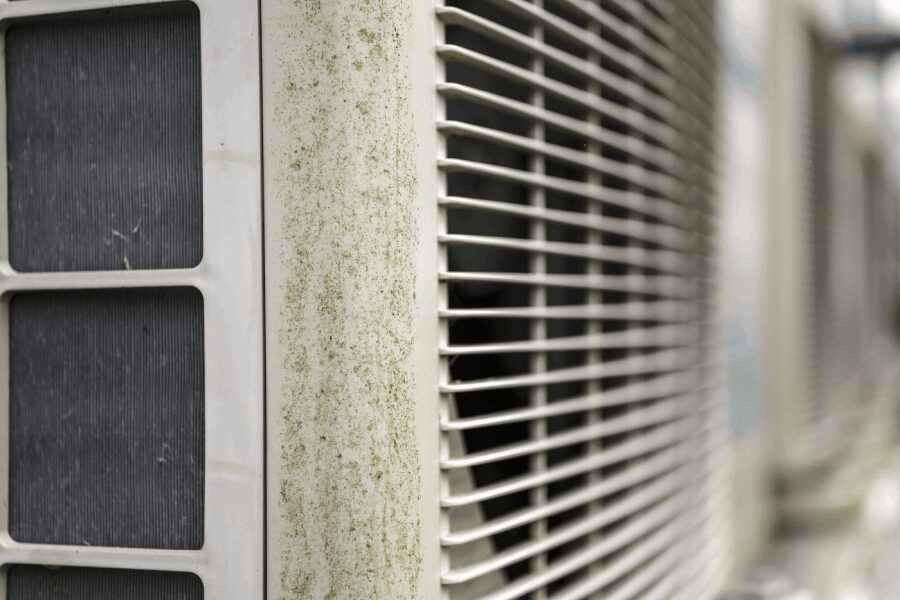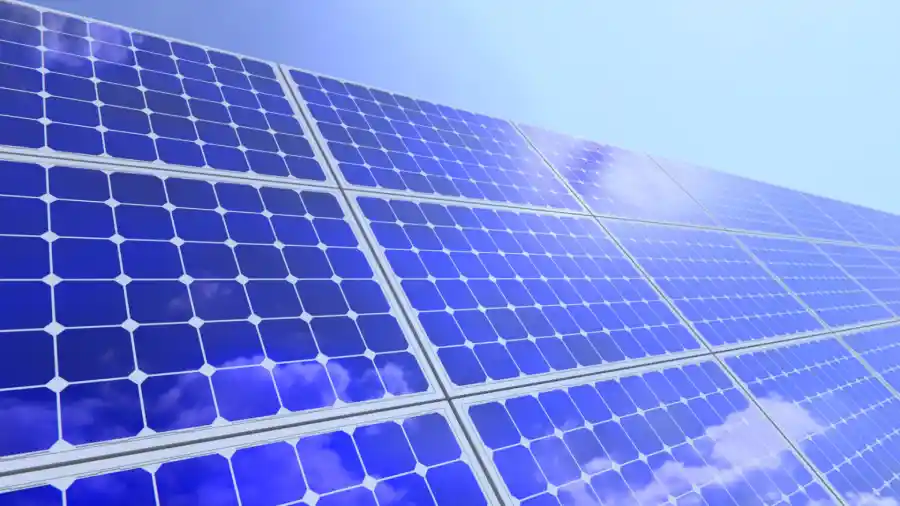
As climate change continues to impact our world, there’s an increasing need for energy-efficient solutions. These can help mitigate environmental issues.
Heat pumps are becoming a popular choice for heating and cooling spaces in both residential and commercial settings. They provide an effective heating and cooling solution. They also significantly reduce energy consumption and carbon emissions.
But how do they achieve these benefits? Let’s explore the environmental advantages of heat pumps.
What Are Heat Pumps?
Heat pumps are systems that transfer heat from one location to another. It utilizes a small amount of energy to move larger amounts of heat. They can be categorized into air-source and ground-source (geothermal) heat pumps.
The former extracts heat from the air, while the latter draws heat from the ground. Both types can be used for heating and cooling effectively. This makes them versatile and practical.
Energy Efficiency of Heat Pumps
The fact that heat pumps consume less energy than conventional heating and cooling systems is one of their main benefits. Heat pumps function by moving heat from one location to another, as opposed to furnaces, which generate heat by burning fuel. Much less energy is needed for this procedure. They are therefore an economical and sustainable option.
According to the U.S. Department of Energy, heat pumps can be 300% more efficient than gas or oil furnaces. This means that for every unit of electricity a heat pump uses, it can produce three to six times the amount of heat. This level of efficiency helps lower utility bills while also reducing energy waste.
In addition to saving money, heat pumps also lessen the strain on the electrical grid. By consuming less energy, they help reduce carbon emissions and promote cleaner air. Whether used in homes or businesses, heat pumps offer an energy-efficient solution. It benefits both the environment and the consumer.
Lower Carbon Emissions
Heat pumps can help reduce pollution by replacing traditional heating systems. Gas and oil furnaces burn fuel, releasing carbon dioxide (CO2) and other harmful gases into the air. Heat pumps work differently-they move heat instead of burning fuel-so they produce little to no emissions.
Heat pumps become even better for the environment when powered by renewable energy like solar or wind. This reduces the need for fossil fuels, creating a cleaner and greener energy system. By choosing heat pump technology, homeowners and businesses can lower their carbon footprint and help improve air quality.
Impact on Urban Heat Islands
Cities are often hotter than nearby rural areas because buildings, roads, and air conditioners trap and release heat. Traditional air conditioning units make this worse by releasing excess heat outdoors. Heat pumps, especially air-source models, offer a smarter way to cool buildings without adding as much heat to the surroundings.
Heat pumps also use less energy for heating and cooling, reducing the demand on power plants. When cities use more energy-efficient systems like heat pumps, the air becomes cleaner, and urban temperatures can be more comfortable. This makes cities healthier places to live.
Utilization of Renewable Energy
Heat pumps work well with clean energy sources like solar and wind power. Homeowners with solar panels, for example, can use the energy from the sun to run their heat pump system. This allows for low-carbon heating and cooling, making homes and businesses less dependent on fossil fuels.
As more buildings aim for net-zero energy use, heat pumps offer a great solution. By pairing heat pumps with renewable energy, property owners can lower their electricity costs while also helping the planet.
Financial Incentives and Support
Many governments support heat pump adoption by offering financial help. Homeowners and businesses can apply for tax credits, rebates, or low-interest loans to make installation more affordable. These programs reduce upfront costs and encourage more people to switch to energy-efficient heating and cooling.
Investing in a heat pump can save money on energy bills over time. With financial incentives and growing awareness of eco-friendly solutions, heat pumps are becoming an important step toward a more sustainable future.
Heat Pump Installation: A Path to Sustainability
Choosing heat pump installation for your home or business is a step toward a sustainable future. Not only do these systems offer efficient heating and cooling solutions, but they also align with global initiatives to combat climate change. By embracing this technology, you can reduce your energy bills, lower your carbon emissions, and contribute positively to your community and the planet.
Things to Think About When Installing a Heat Pump
There are several things to consider when getting a heat pump. Here are a few examples:
Energy Efficiency
Prior to selecting a heat pump, look at the energy ratings. A unit will consume less energy if it has a high heating seasonal performance factor (HSPF) and a high seasonal energy efficiency ratio (SEER) for cooling. In the long run, a more efficient system saves money by reducing electricity expenditures.
Climate Suitability
Different heat pumps work better in different weather conditions. Air-source heat pumps work well in mild temperatures but may struggle in extreme cold. Cold-climate heat pumps are built to function in freezing temperatures.
Proper Size and Capacity
A heat pump should be the right size for your home. A small unit may not heat or cool effectively, while a large unit can waste energy. A professional installer will assess factors like home size and insulation to recommend the best option. A correctly sized heat pump works more efficiently and keeps energy costs low.
Qualified Installation
Installing a heat pump correctly is important for it to work well. Look for technicians with certifications from trusted organizations like NATE (North American Technician Excellence) or ACCA (Air Conditioning Contractors of America). A skilled installer ensures the system runs efficiently and lasts longer with fewer problems.
Noise Levels
Heat pumps are quieter than most traditional HVAC systems, but some models are even quieter than others. If noise is a concern, choose a unit with low decibel ratings or insulated compressor cabinets. Placing the outdoor unit in the right spot can also help reduce noise.
Utilizing Heat Pumps
Heat pumps represent a viable solution for transforming the way we approach heating and cooling. Their efficiency, capability to lower emissions, and synergy with renewable energy make them a crucial element in the shift toward a more sustainable environment. As we face increasing environmental challenges, the adoption of heat pumps can play a significant role in creating a cleaner, greener future.
If you are considering options for heating and cooling, look into heat pumps as a sustainable alternative that will benefit both your wallet and the environment.
Visit our blog for more!



